Creative Practices for Remaking Worlds
A 2-Month Online Seminar and Workshop
Program Dates: February 20 – April 24, 2022
Registration Deadline: February 11, 2022
Schedule: 9 sessions, meeting every Sunday from 12-2PM Mountain Time (2-4PM Eastern Time). No meeting on April 17.
Program Cost: Groundwork programs use a sliding scale to determine program cost. Use the slider below to determine how much the program will cost for you. More about our sliding scale here.
Household Income:
Program Tuition:
Program Overview
An•thro•po•cene /ˈanTHrəpəˌsēn/ — noun: the period of time during which human activities have been a primary driver of planetary processes, regarded as constituting a distinct geological age
Climate change is not only a scientific, political, or economic problem, but also a literary, philosophical, and artistic problem. It is connected to our representations and our understandings of ourselves, our place in the world, and our relationships to one another. Addressing climate change requires that we move from extractive and exploitative relationships with people and land to reciprocal ones, and that we understand ourselves as interdependent rather than separate. Artistic and creative practices can help us move towards these new ways of being.
Storytellers, writers, artists, educators, and makers of all kinds are invited to participate in this online course combining readings and seminar-style discussion with iterative and experimental creative practice. Whether your art consists of writing or cooking, dancing or painting, weaving or growing food, this course will offer you the opportunity to revisit your creative and/or daily practices through the lens of philosophy, politics, and feminist theory. Together, we will consider the ways in which embodied practices remake relationships, and what kinds of practices, relationships, and art might both represent and create more equitable and just worlds.
The first half of the course will explore these ideas through selected readings from contemporary scholars and thinkers such as Donna Haraway, adrienne maree brown, Amitav Ghosh, Zoe Todd, and more. In the second half of the course, we will put theory into action, developing new methods and techniques for making art, asking: how can our daily creative practices work to transform ourselves and our environments? What kinds of art can bring into being new kinds of relationships and ways of being? Participants will be guided with prompts and workshopping sessions to offer thoughtful, supportive, and encouraging feedback on their peers’ evolving research and creative projects.
The course will conclude with a virtual exhibition of the creative work produced in the workshop.
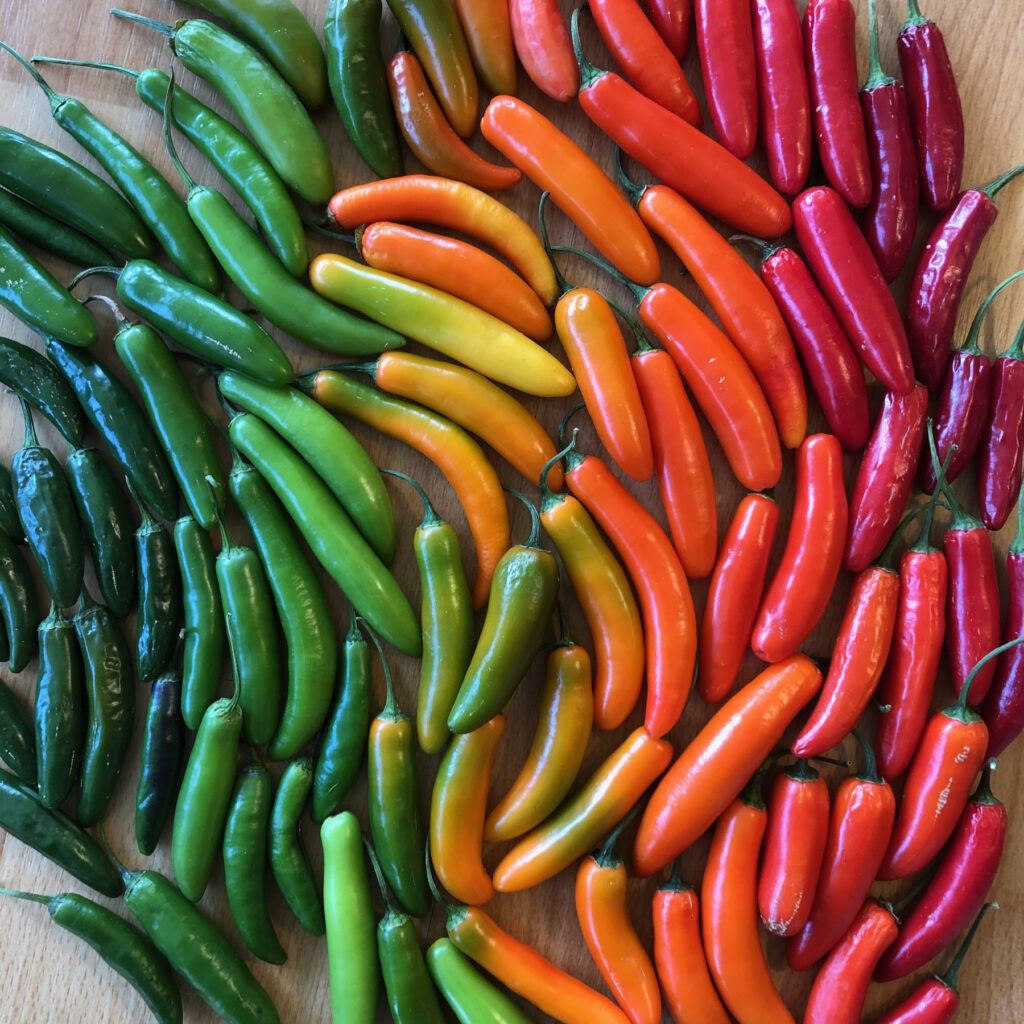
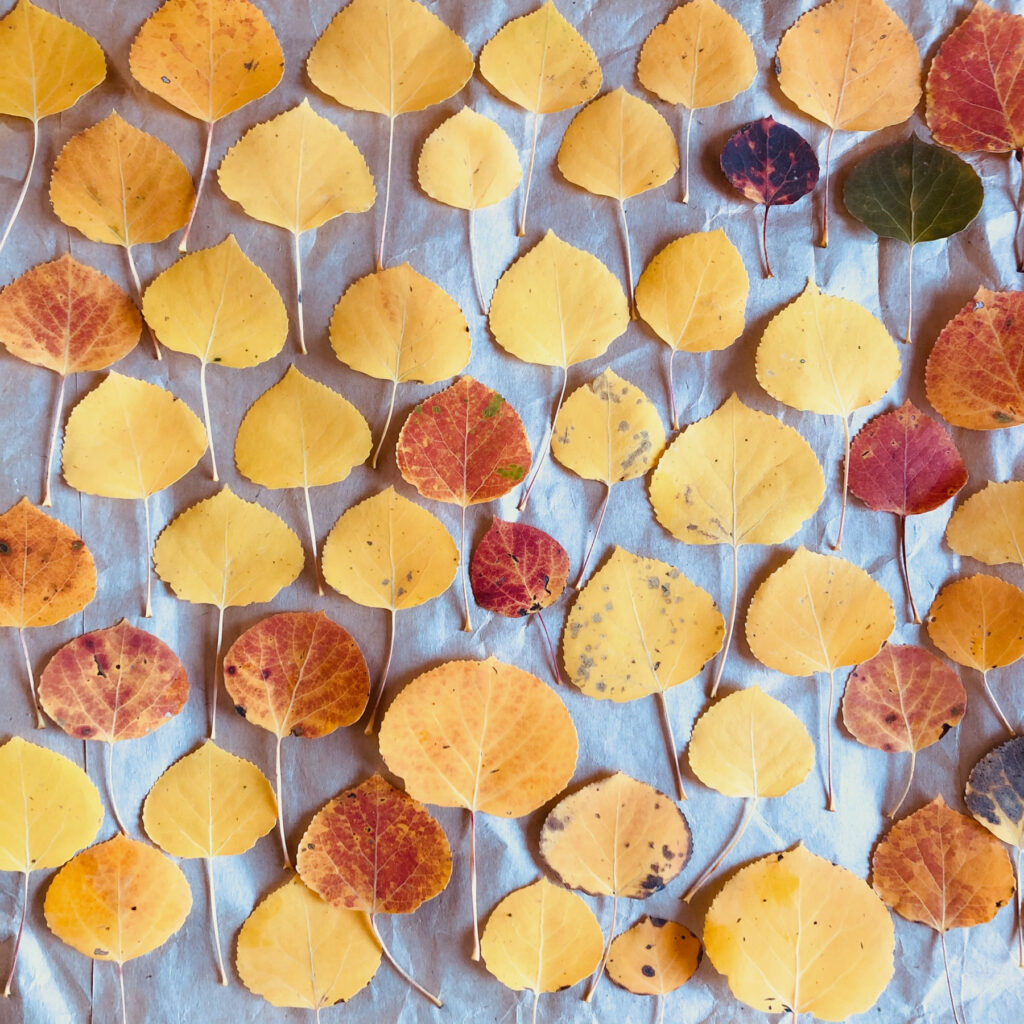
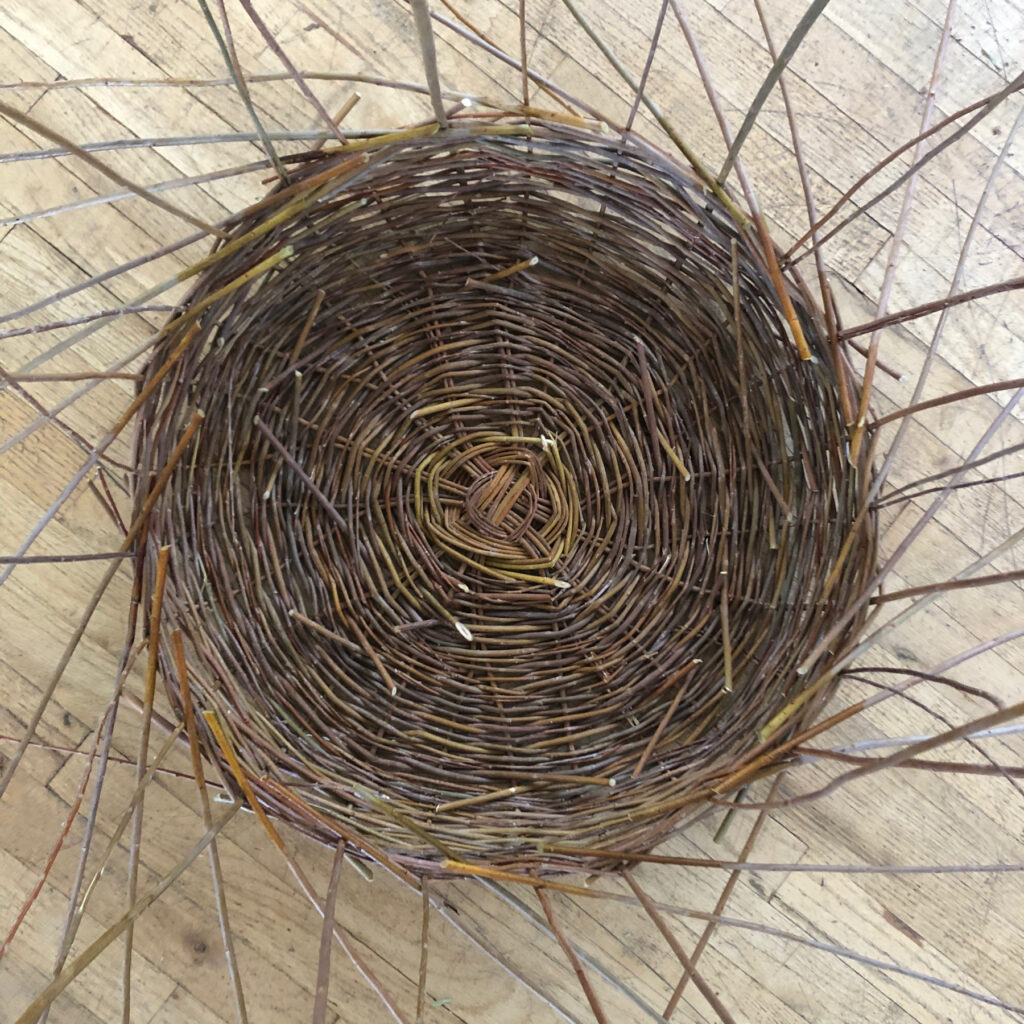
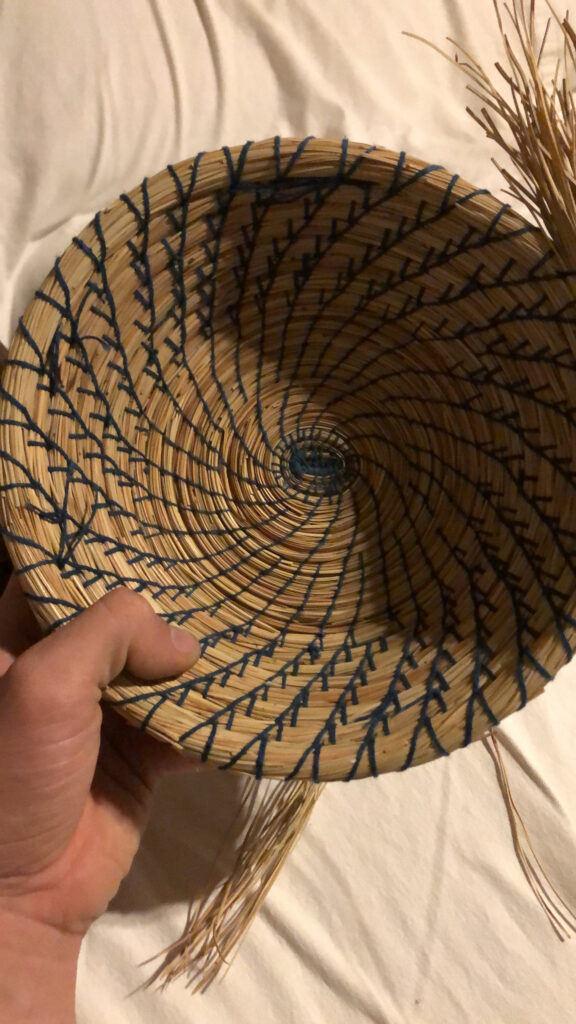
Participants will:
- Develop familiarity with contemporary literature in the environmental humanities
- Explore the relationship between knowing and making /doing, via embodied and creative practice
- Develop or continue a creative project
- Build relationships to place
Meet The Instructor
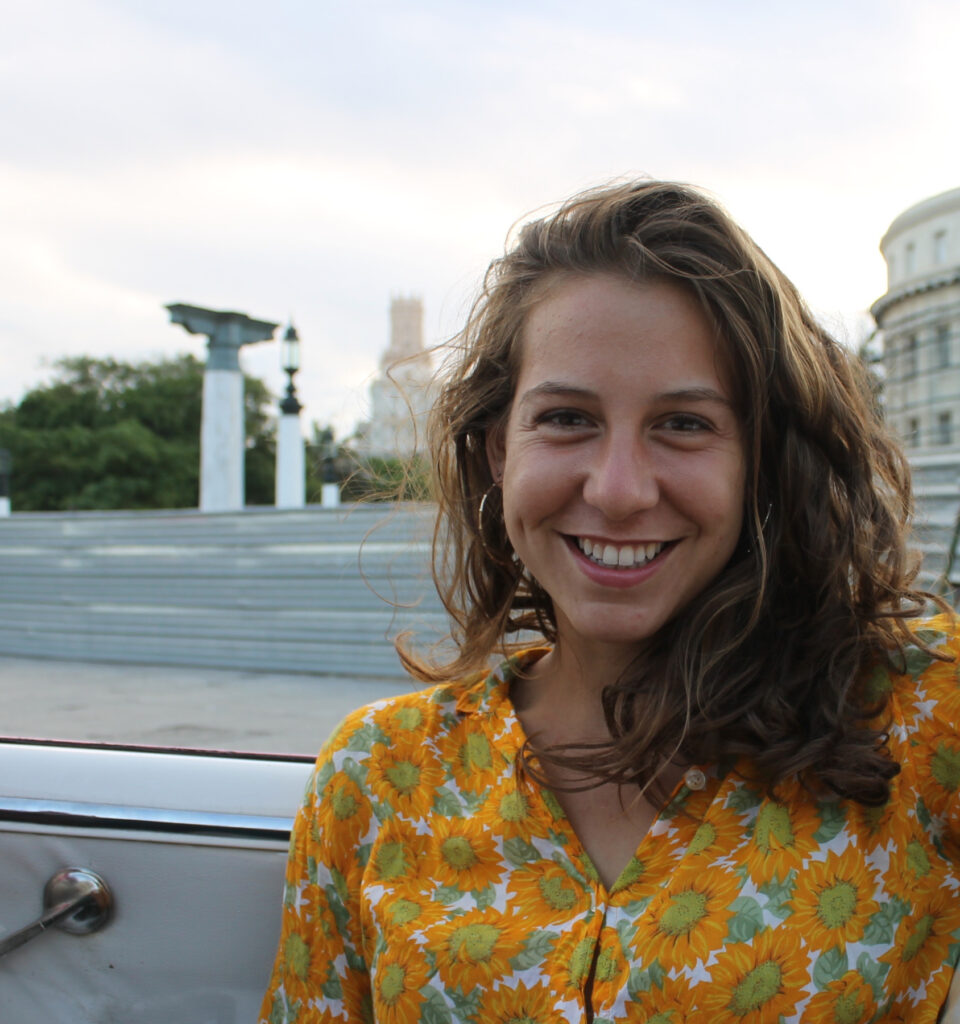
Angelica Calabrese
Angelica Calabrese is a freelance researcher, writer, and educator with an MA in Anthropology from The New School for Social Research and a BA from Yale University. Her interdisciplinary research and teaching practice brings together ethnographic, historical, and design methodologies to develop nuanced understandings of contemporary issues, and to create opportunities for teams and communities to bring into being more equitable and socially just futures. She is particularly interested in decolonial knowledge production practices and in working with educators to develop equitable community-engaged programming within and beyond the university. As a writer and ethnographer, she is conducting research on olive tree disease in southern Italy, focusing in particular on how and why particular communities and ecologies become vulnerable to ecological and economic disaster. In addition to her graduate studies in anthropology, where she focused on environmental humanities and feminist science and technology studies, she has also facilitated study abroad and experiential education programming in partnership with local communities in West Africa and Southeast Asia.